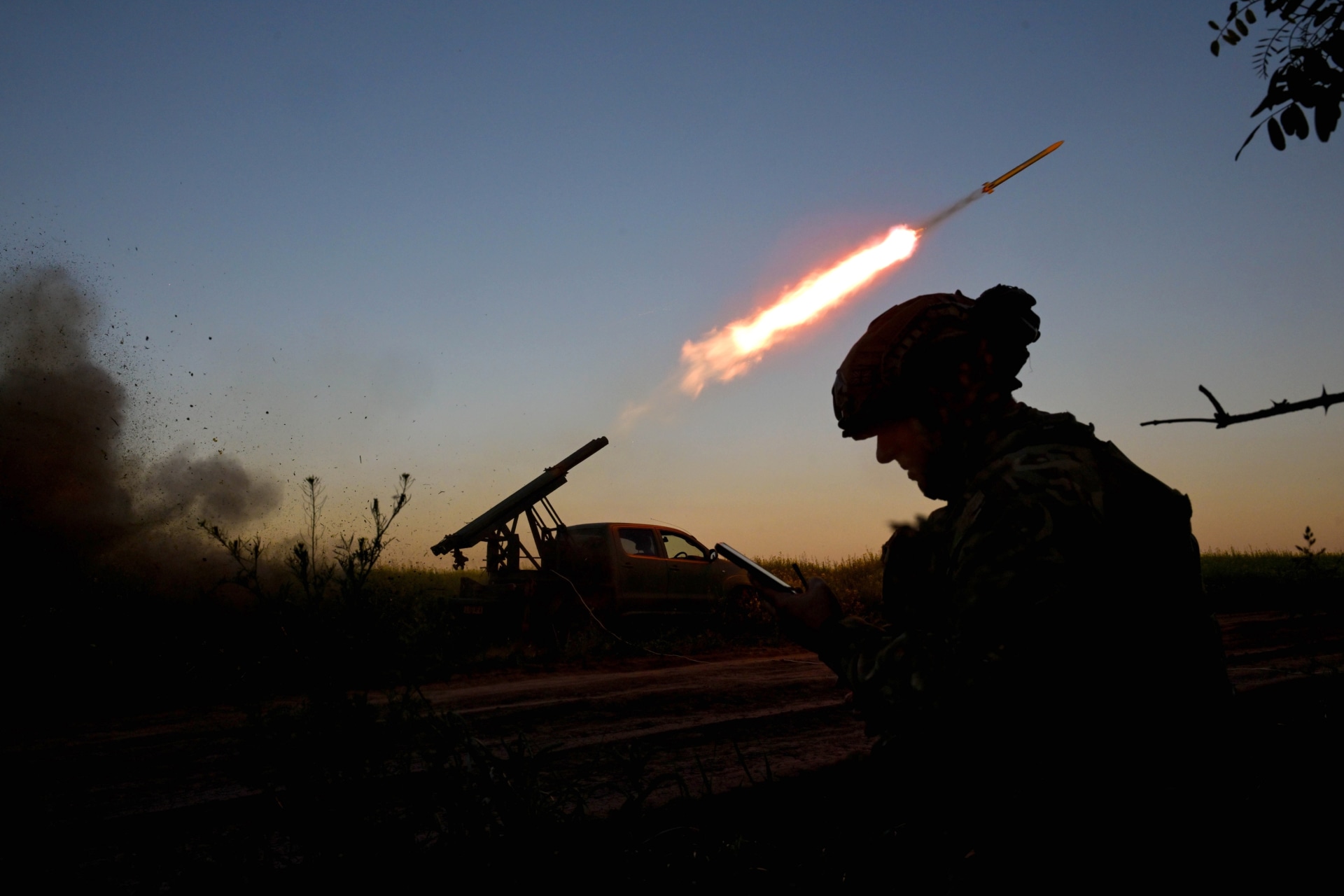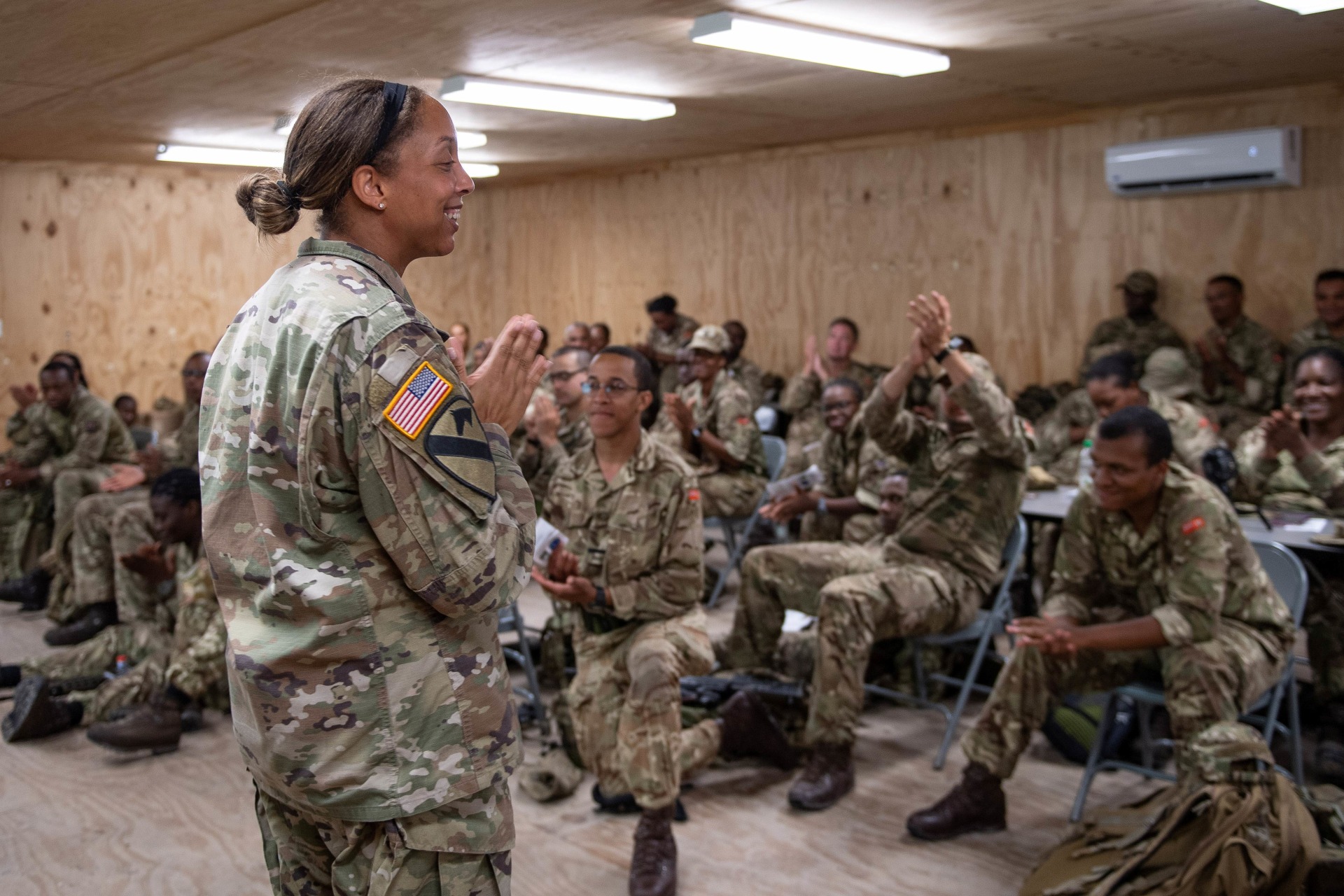Rethinking International Rules on Subsidies
Overview
The World Trade Organization needs an updated toolbox in the face of rising industrial policies across the globe.
BY
- Jennifer HillmanSenior Fellow for Trade and International Political Economy
- Inu ManakSenior Fellow for International Trade
“The United States should lead the effort to reshape the global rules to better serve its own interests and the international trading system’s changing realities,” claims a new Council Special Report, Rethinking International Rules on Subsidies. The authors, CFR trade experts Jennifer A. Hillman and Inu Manak, contend that such an effort “would give the United States a powerful tool to address its twin concerns over competition with China and fighting climate change. It would also allow the WTO and the world to come closer to a more equitable, resilient, and sustainable international economic order.”
The report examines the growing reliance of the United States on using domestic subsidies to address global challenges: “the [Joe] Biden administration has maintained and expanded on the [Donald] Trump administration’s tariff policy, defended at the time as helping the United States compete globally against a rising China, by introducing major new subsidy programs. Importantly, the primary motivation for those efforts falls into two buckets—to counter China and to fight climate change.” That adoption of industrial policy “has prompted cries from across the globe that the United States is fostering unfair competition and breaking the rules it helped shape as part of the World Trade Organization (WTO).”
In the aftermath of simultaneous political and economic crises, “the perception of countries’ urgent need to build up their resiliency in critical goods and services, coupled with the existential threat of climate change, means that moving toward industrial policies and increasing subsidies is warranted and indeed essential,” Hillman and Manak write. “However, the urgency of the problems does not mean abandoning well-founded concerns that industrial policy—done wrong—can stifle innovation, create substantial inefficiencies, exacerbate the concentration of corporate power, waste precious taxpayer funds, and fuel crony capitalism.”
The authors outline the deficiencies of the current international rules governing subsidies and provide recommendations. In particular, Hillman and Manak highlight the failure of many WTO members to report their subsidies, the ineffective remedies available, and the lack of special recognition by WTO rules of beneficial subsidies aimed at tackling climate or public health challenges, among other issues.
To lead the charge on reforming the WTO rules, the authors propose that the United States should
- “revisit what constitutes good and bad subsidies and propose limiting overall subsidy levels while carving out areas in the common international interest”;
- “encourage countries to disclose their subsidies, both by using the incentive of a ‘safe harbor’ for subsidies that have been properly notified and enforcing penalties for those that consistently fail to make timely notifications of their subsidies”; and
- “strengthen the penalties for noncompliance with international subsidies rules.”
“At its core, one of the WTO’s critical roles is to help its members draw the line between protectionist measures and sound industrial policies, while ensuring that wherever that line is drawn, it does not unduly privilege some or harm others,” Hillman and Manak conclude. “To do that in the face of rising industrial policies across the globe, the WTO needs an updated toolbox.”
Professors: To request an exam copy, contact [email protected]. Please include your university and course name.
Bookstores: To order bulk copies, please contact Ingram. Visit https://ipage.ingramcontent.com, call 800.937.8200, or email [email protected]. Include ISBN: 978-1-64052-998-4.t





